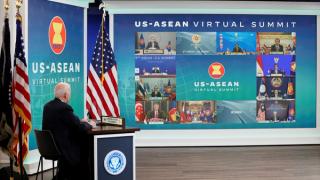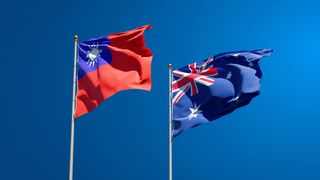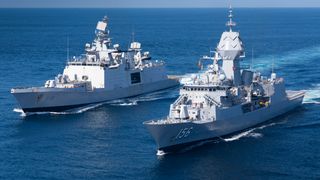For the past 30 years, Australia has supported inclusive regional security and economic multilateral institutions as a way of entrenching the United States’ role in Asia. With US-China competition intensifying, institutions such as the East Asia Summit (EAS) and Asia-Pacific Economic Cooperation (APEC) are coming under new pressure. Yet even as new narrower groupings such as the Quad take form, the region's established multilateral institutions will remain key forums in the competition for regional influence.
How can the United States use ASEAN-led institutions to advance its Indo-Pacific strategy? How does its approach to Asian multilateral institutions compare with that of other countries, including China, Australia and Japan? How should the Biden administration prioritise its ASEAN engagement vis-a-vis the Quad and other narrower regional groupings? And what implications does this have for Australia?
To discuss these issues and launch the report A seat at the table: The role of regional multilateral institutions in US Indo-Pacific strategy, the United States Studies Centre hosted a webinar featuring report author Susannah Patton, Research Fellow in USSC's Foreign Policy and Defence Program; Hoang Thi Ha, Lead Researcher at the ASEAN Studies Centre and Co-coordinator of the Regional Strategic and Political Studies Programme at ISEAS-Yusof Ishak Institute; and Dr Prashanth Parameswaran, Global Fellow at the Wilson Center in conversation with Dr Peter Lee, Research Fellow in USSC's Foreign Policy and Defence Program.
This activity was supported by the Australian Government through a grant by the Australian Department of Defence. The views expressed herein are those of the speakers and are not necessarily those of the Australian government or the Australian Department of Defence.








